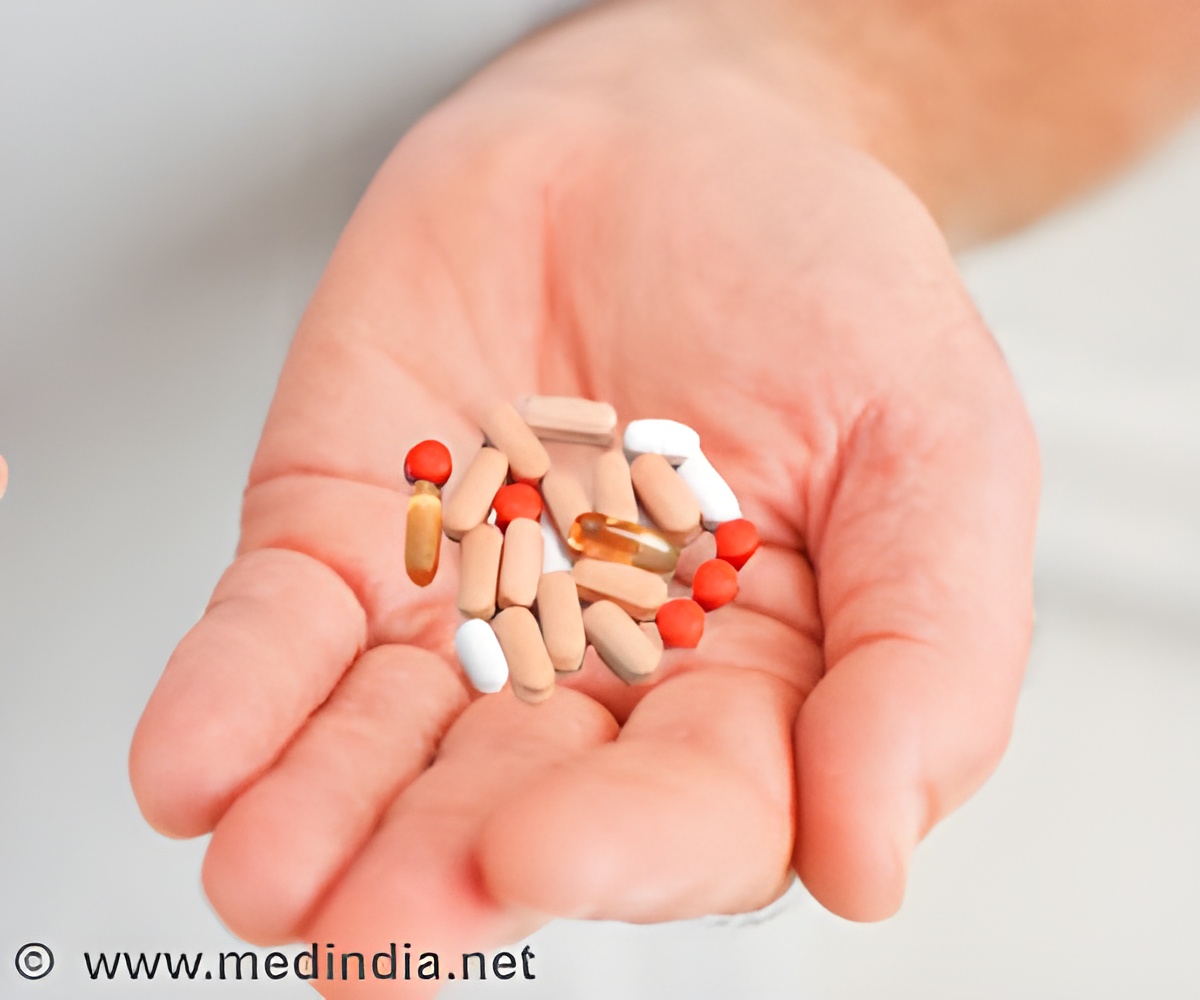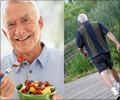The elderly feel technology that can help them take their medications, could be helpful, however it should also be familiar to them, easy-to-use, reveals a new study by Queen Mary University of London and University of Cambridge.

‘Researchers at Queen Mary University of London and University of Cambridge found that elders who were over sixty-five years of age preferred technology that is easy-to-use to help them take their medications. They also preferred smartwatches over smartphones.’





Some technologies include apps that allow patients to receive counselling about medications and reminders to improve and monitor tablet taking. There are also interactive text message reminders for tablet taking. And Ingestible sensor systems (ISSs) are a combination of wearable and ingestible sensors working in conjunction with smartphones, PCs and tablets to detect ingested medication.However, not much is known on whether over 65s might find it difficult to adopt these technologies, due to ethnic diversity, and age-related physical and mental impairments.
The study, published in the Journal of International Medical Research, investigated opinions about available technologies in a focus group of patients aged over 65 taking cardiovascular medications.
The over 65s in the study generally valued the opportunity to receive alerts to help with practical aspects of medicine taking, like forgetting and monitoring treatment:
- "I think it's good because there's some people who as time goes by lose certain of their faculties as time goes by, and memory beginning to fade and so on, so on, it could have been a short retention in memory can cause you to miss a [medicine]"
- ". . .you always need to remember these things, they do slip your mind, even if there's days of the week printed on your tablets sometimes you think, "did I take it this morning?""
- "I mean it's a similar thing with now that hospitals, they text you to remind you about your hospital appointment now."
Advertisement
- ". . .watches, if we all had watches. . .If it's simpler to use elderly would appreciate more, it's something that they have on their hand, on their arm. . . It's a continuation of what we're familiar with instead of something that we're not familiar."
- "Everybody's been used to wearing at some time or another is a watch. . .So I think that most of us would find this much better."
- "The watch is good but the mobile phone, half the time old people don't know where they've put the phone, it's the same with glasses, they don't know where they've put them so it wouldn't be of no benefit, but that watch would."
- ". . .a smartphone, well, I did have but I put it in the washing machine, I dropped it."
- "If they're not going to remember to take their tablets they ain't going to remember to charge their mobiles."
- "If it's got to be a smart phone rather than an ordinary phone the cost of providing these for all the elderly is going to be astronomical."
- "Well I see [technology might cause] lack of communication between professionals and the very elderly. . .., I'm afraid that this is about cost-cutting."
- "I remember there was, the National Health Service right, had invested billions into this high tech computer that was going to be doing all singing all dancing, and guess what, it never did work, so all the investment that they put into this main frame that would then take all the information, it had gone done, it had a bug, it had glitches and it never performed as fit for purpose, so I'm one of these guys who's lost confidence in technology."
- "Technology is useful but you can't depend on it, you never can depend on it."
Advertisement
Source-Eurekalert











